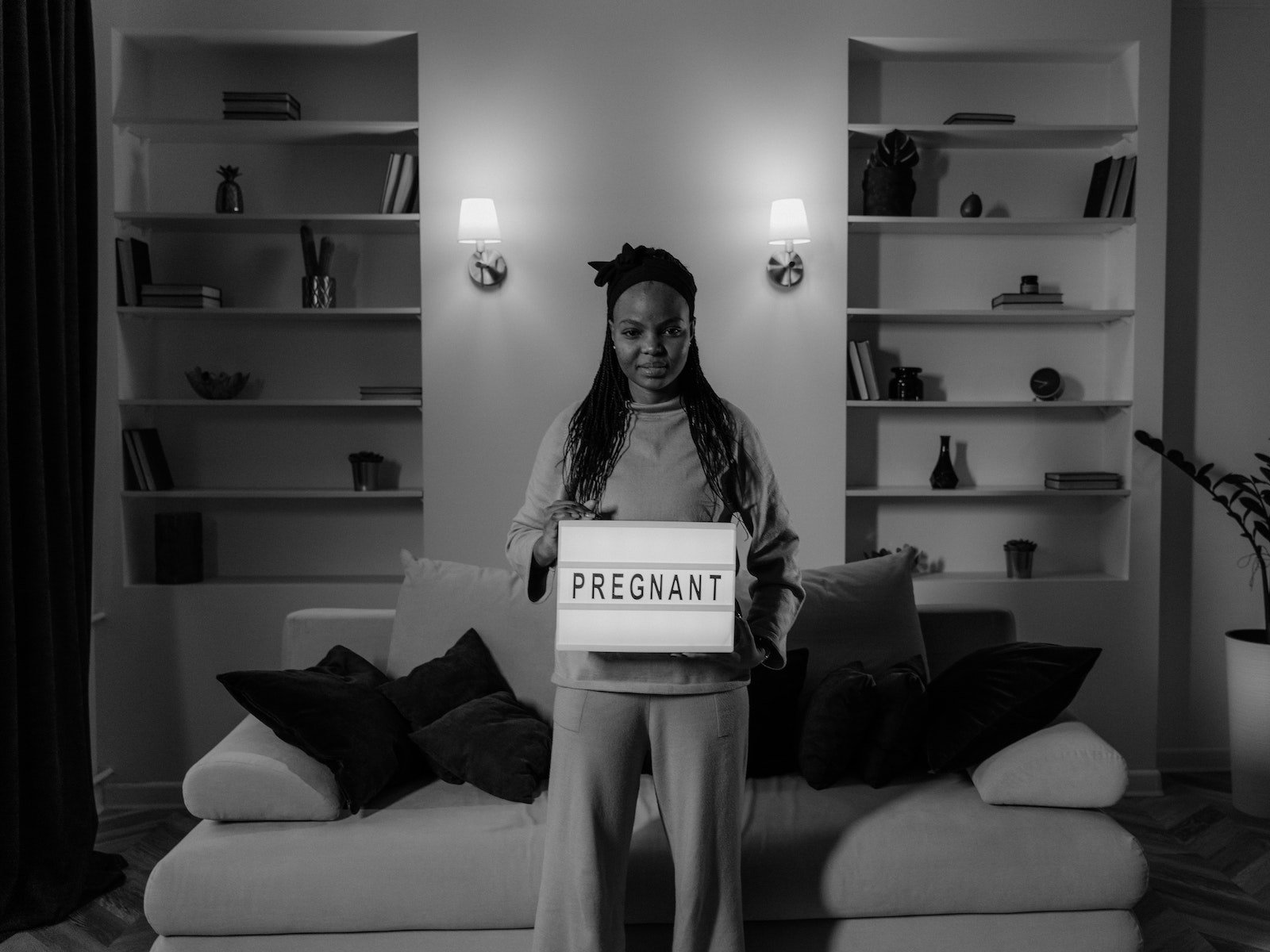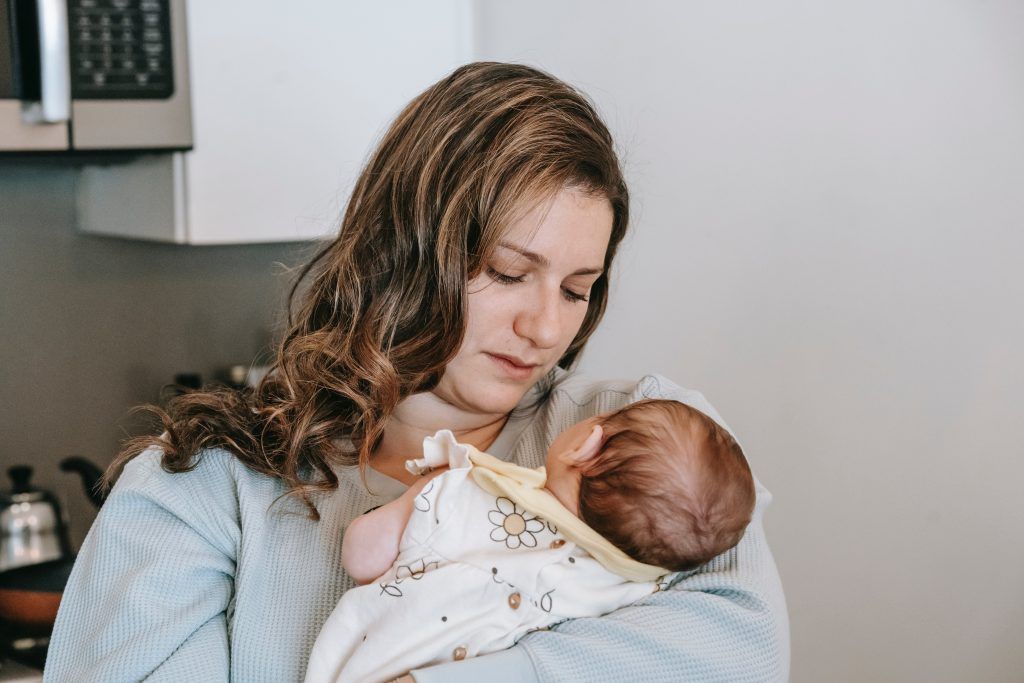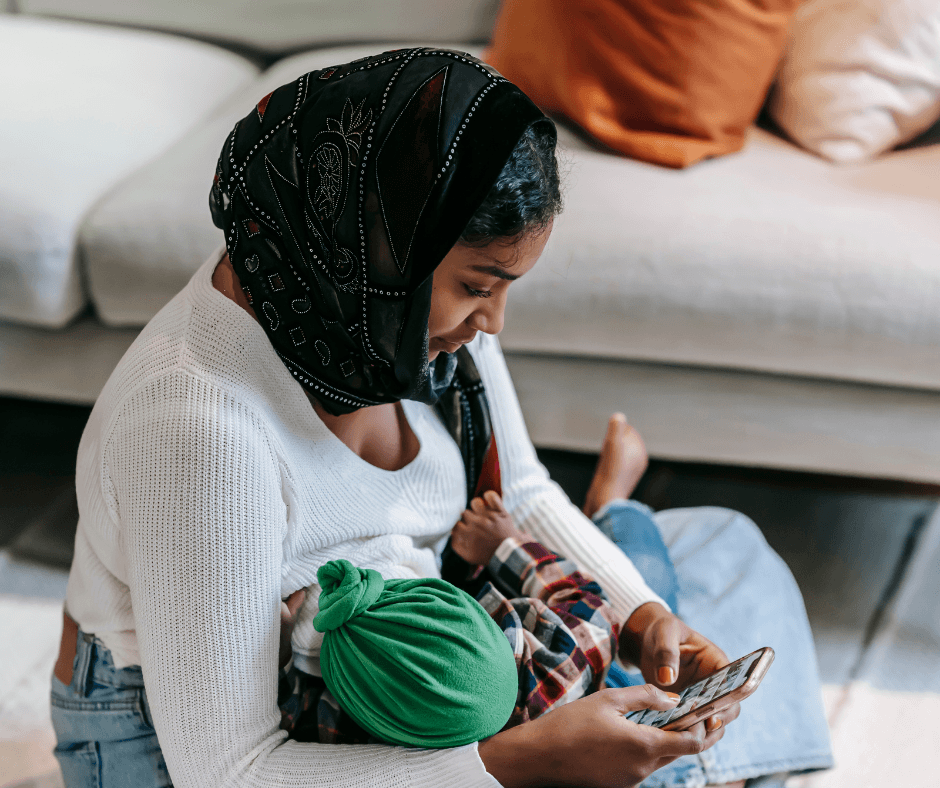Black women in the UK are 4x more likely to die in or immediately following childbirth. Why is this happening? Here’s what needs to be done to make maternal health more equitable.
According to the World Health Organisation (WHO), 810 women die everyday worldwide due to complications related to pregnancy and childbirth. These deaths aren’t limited to the underdeveloped world. Though maternal mortality in the UK is lower than in many countries, the majority of maternal deaths are considered preventable.
Importantly, the rate of death amongst Black and Asian mothers is significantly higher than white mothers in the UK. This is true even after ruling out causes related to economic status and education. Meaning, this is a preventable issue to tackle. This has led researchers toward more complete research on the factors leading to this stark disparity.
Four times more
Here are some startling statistics:
According to a 2021 national cohort study on maternal mortality, 1894 women died in the UK between 2009 and 2018 during or up to a year after the end of pregnancy,
- White women 7 deaths /100,000
- Asian women 12 deaths /100,000
- Mixed ethnicity women 15 deaths /100,000
- Black women 32 deaths /100,000
Though pregnancy and birthing remains relatively safe in the UK and Ireland, it is shocking and appalling to have Black mums in the UK dying at 4x the rate of white women in the region. Furthermore, Black women have a significantly higher rate of “near misses” or complications that resulted in severe trauma or morbidity which could have resulted in mortality than white women.
Chart from A national cohort study and confidential enquiry to investigate ethnic disparities in maternal mortality by Marian Knight, Kathryn Bunch, Nicola Vousden, Anita Banerjee, Philippa Cox, Fiona Cross-Sudworth, et al.
What does the research show?
The underlying cause of this unequal treatment is racial and cultural bias in UK healthcare system and individual providers. For example, it has been shown that Black women are more likely to be seen as having a higher pain tolerance and considered to be “complaining” when needing attention towards complicating factors in their care.
There is the direct effect of being ignored or dismissed in care, being that there is no immediate care given. There are also the knock-on effects of having these repeated dismissals. This includes having Black women not trusting medical providers, being afraid to speak up, or skipping appointments altogether. This can create an unfortunately well-rounded opportunity for women to fall through the gaps in the maternal health system.
“Please Listen to Me”
The issue of not being heard or respected in maternal care has been the primary outcry of Black mums who completed “The Black Maternity Experiences Survey.” Compiled by the organisation FiveXMore, this report comes from hundreds of stories from Black mums surveyed throughout Great Britain.
The report shows Black birthing women in the UK:
- having their concerns routinely dismissed,
- having their fears unaddressed,
- and that they were trapped by the damaging “hysterical Black woman” stereotype in their overall care.
Other enduring prejudices and misconceptions about the bodies of Black women continue to show up in provider comments and behaviour. Many of the women surveyed reported having their requests for pain relief withheld. They were told that they should be able to tolerate their pain better on their own. Though this can’t be assumed to be the mindset of the provider in every individual case, it is worth noting that some modern medical and nursing textbooks make the unscientific claim that Black people have different anatomy. They claim Black people have thicker skin and don’t experience pain the same way as white people. These are unfounded and untrue claims.
“The doctor informed that it was normal for the baby’s head to be high and free, because black women’s pelvis were shaped differently.”
— from the FiveXMore blog on the death of D’lissa Parkes
“Please believe me”
Black women are more likely to have their concerns dismissed and complications go unchecked than other white and minority parents in the UK. This false narrative has obviously negative consequences in care including increased morbidity and mortality in Black and Black mixed mothers. It also has a lasting effect on their experiences of postpartum, including:
- higher rates of postpartum depression,
- greater mistrust of care providers,
- lower breastfeeding rates,
- and higher incidence of missed complications following birth.
“Both Black and Black mixed women reported that [health care providers] displayed attitudes that were belittling and patronising, and that little empathy was shown towards them during a time when they were feeling most vulnerable.”
— From the FiveXMore report, pg. 24
Famously, Serena Williams faced this issue following the birth of her daughter, Olympia, in 2017. The greatest athlete of all time had her pain and concern around complications dismissed. Turns out, she was experiencing a life-threatening embolism. Had she not advocated for herself, that complication could have turned lethal. Even at one of the top hospitals in the world and for a woman worth nearly a billion dollars (US), birthing while Black can be a complication onto itself.
Microaggressions
A microgression is defined as being: indirect, subtle, or unintentional discrimination against members of a marginalized group. It can be a statement, gesture, or action that is subtle, indirect, or even unintentionally harmful based on prejudice assumptions about the identity group to which that person belongs. Microaggressions are seen to be one of the likely reasons for the huge disparity in Black maternal health outcomes in the UK.
One such microaggression relates to long-held inferences regarding the sexuality or promiscuity of Black women. Black women reported having assumptions routinely made about paternity and marital status based on stereotypes of their family structures. They also were more likely than other women to have the pregnancy assumed to be unplanned or unwanted. This was especially true when they attended their check ups alone, despite that situation being common in all families because of difficulties aligning work schedules, etc. Conversely, some women reported receiving better treatment when they were accompanied by their partner of a different ethnicity.
Black women also report being assumed to be of lower socio-economic classes more often. They are also more likely to be assumed to be less educated. Black women in the UK maternal health system are also often assumed to not speak English or to have been born outside the UK. They report being told things like, “that’s just not how we do it here,” pointing to an assumption that they weren’t British themselves.
Moving forward to improve maternal health for Black women in the UK
Such microaggressions can accumulate into ongoing stress and diminished wellbeing. Far from being one-time instances, they come from systemic misinformation. It will take wide-spread action to make birth safer and more equitable for Black and minority women.
Attention has been brought to this issue over the past several years. Now it is time for greater action.
The FiveXMore campaign and other Black maternal health activism organisations are calling for a three-pronged approach to action:
- Listen to Black women’s stories of poor treatment in childbirth.
- Tell Parliament to step up and create more government-led protections for Black and minority women in the UK.
- Train health professionals around microaggressions. This includes correcting false information about the differences between white and minority women and the impact systemic racism has on health outcomes.
What you can do
If you want to support Black women in the UK around issues of reproductive safety, you can follow the FiveXMore campaign. You can sign up to the FiveXMore newsletter here. They have several action items you may participate in, including writing to your local MP demanding better laws to improve outcomes.
If you are a healthcare provider, you can make sure to take the appropriate diversity and inclusion trainings. If those aren’t readily available in your unit, you can request one from organisations like Diverse Matters. Encourage others to take part by addressing issues of racism collectively and on an individual basis.
All of us have underlying biases worth examining. It will take each of us exploring our own ways of improving to create a safer environment for Black and minority women to give birth and parent with joy.








